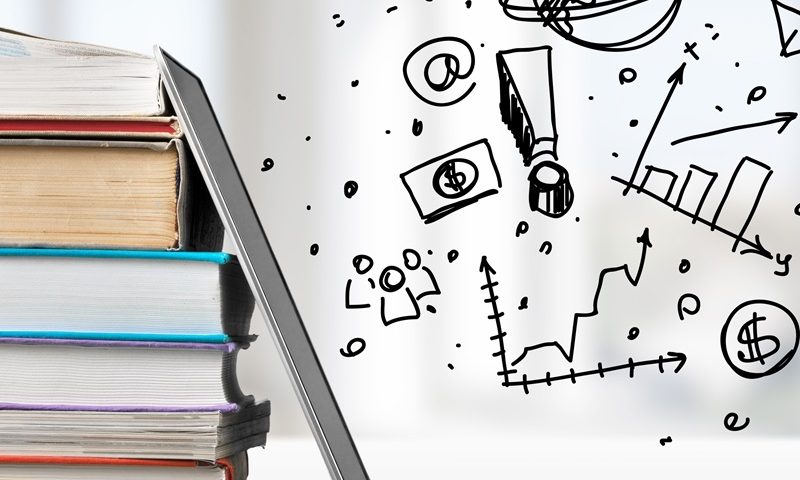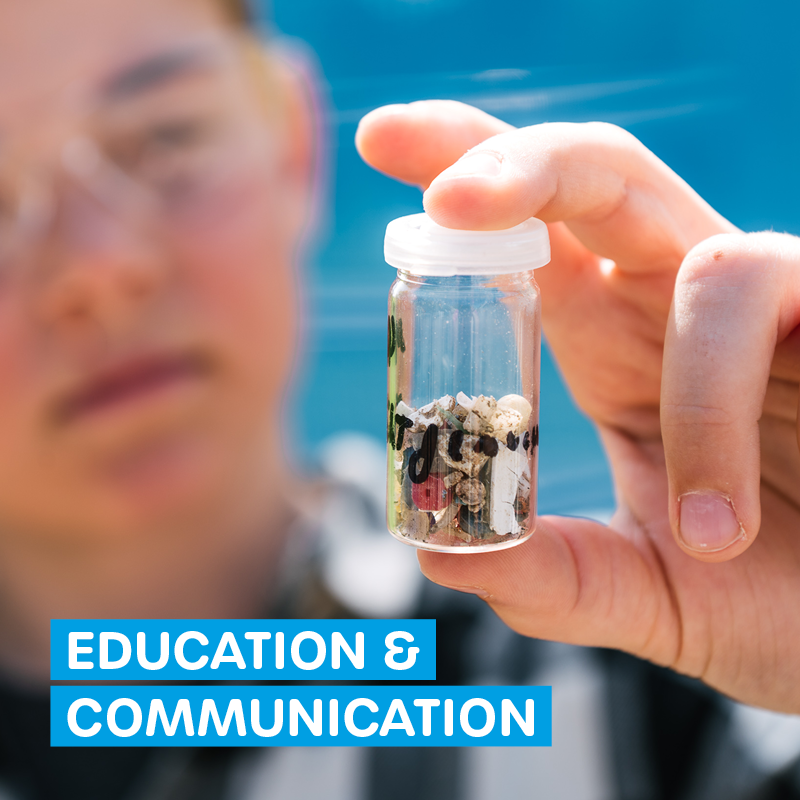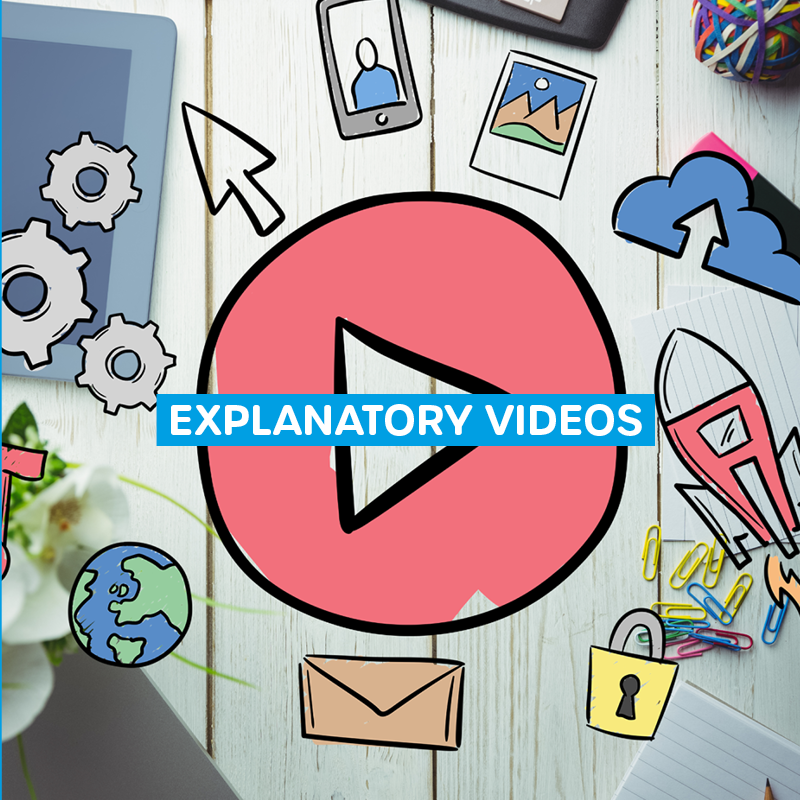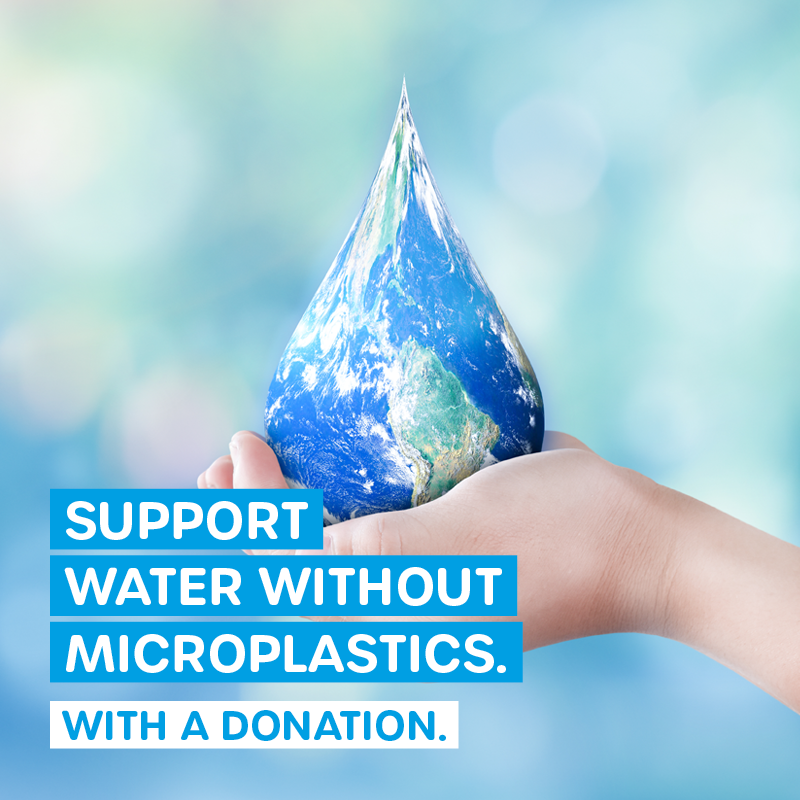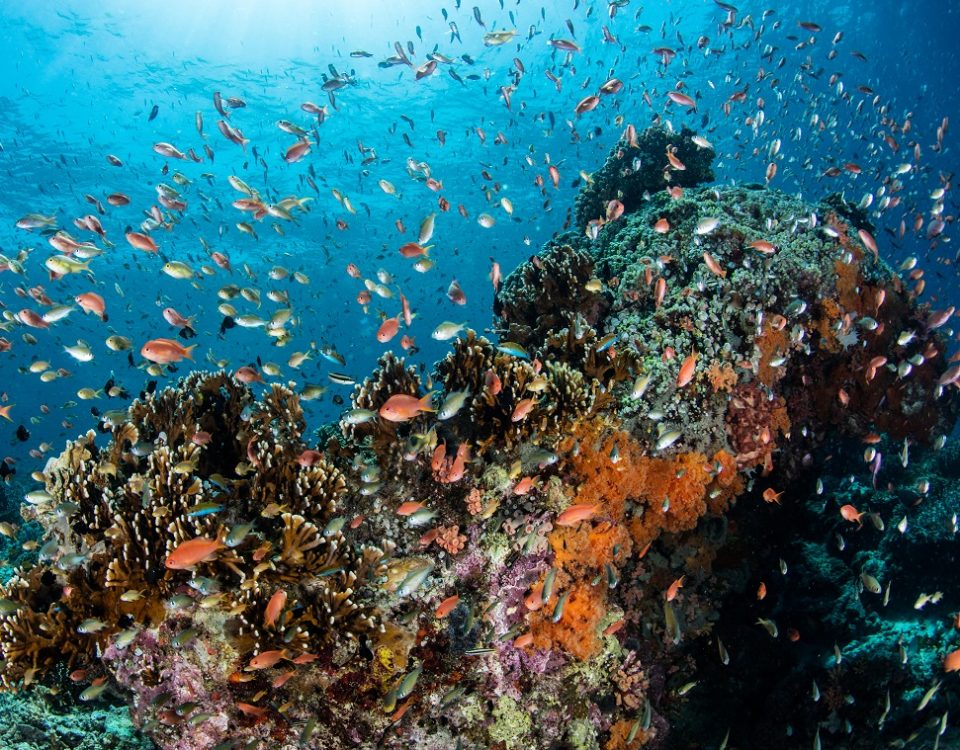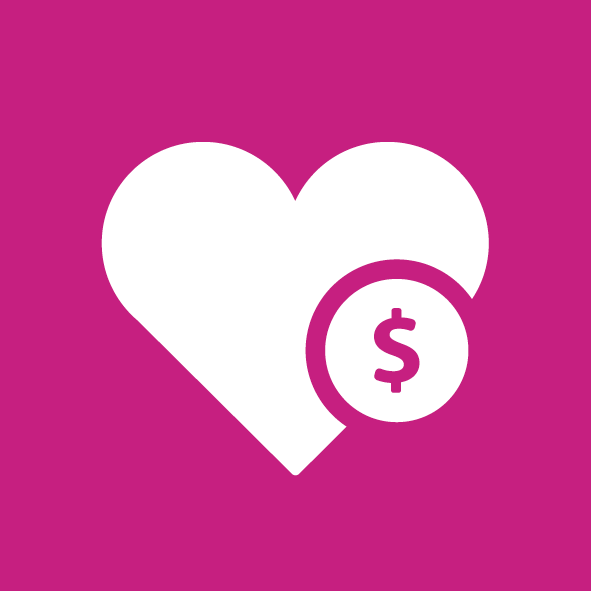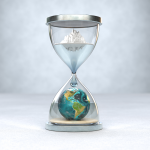
World Water day 2024 in the plastic age
22. March 2024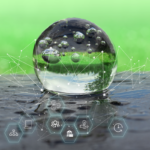
Our blog about water without microplastics
8. April 2024Because water (without microplastics) concerns us all: On the trail of WHY - sustainable education and knowledge transfer
Or the answer to the question of what we want to achieve with our WASoMI education initiative.
The world is becoming increasingly dynamic. The role and function of education and training (school, work, everyday life) is becoming increasingly important. They should all prepare pupils and learners for the future. The aim is to offer complexity-reducing knowledge transfer tasks and to help answer global questions and to lay the foundations of knowledge in the search for answers.
If you look at the main social development trends, you can identify these six areas:
- The world is becoming an object of the global market, leading to consumer expansion.
- Inequality and conflicts are increasing.
- Traditional ties and structures in the world are breaking down.
- Individualisation increases.
- The problems of the world and the world´s population are becoming global.
- Urbanisation, media, and bureaucratisation increase uniformity.
Contradiction in terms - dealing with trends and estimates
The task of modern knowledge transfer in schools is for children to learn to critically scrutinise trends and not allow themselves to be trapped by them.
More than ever, it is necessary to develop the skills to be able to act in a world of catastrophes and not be restricted by them or to hide in horror and fear.
Instead, we need to face the world's problems with greater strength. This includes:
- experiencing one's own environment as a living environment and helping to shape it;
- making joint decisions, because disasters do not affect individuals in isolation;
- learning to act together, collaboratively and communicate as equals;
- develop problem-solving strategies for specific situations – hands-on and less on the drawing board;
- accepting contradictions and conflicts and learning how to deal with them instead of pursuing a harmonised view of the world.
This also includes becoming mentally stronger. High-risk change requires personal stability as well as the ability and willingness to put aside linear solutions and individual autonomy in favour of social concerns.
Big goals - long distances
There are already many practical approaches to tackling these goals in schools and extracurricular activities, which we are also taking up and further perfecting in our educational initiative WASoMI (Water without Microplastics).
It is important to move away from the sheer dramatisation of disasters. The key is to develop a realistic view of things, the status quo, and the identification of those involved – protagonists and changemakers. We do this in various ways at WASoMI.
A major problem: our knowledge is ageing, complexity is increasing
We live in a knowledge society; muscle power plays a role in very few jobs. But our knowledge is aging. And at an astonishing rate. In the spirit of lifelong learning, people of all ages and stages of development should continuously expand their knowledge and skills.
The aim is to become more productive and quicker to act through new knowledge and new skills. But all theory is grey. And for this to work, strategic knowledge transfer plays a decisive role, with the transfer of skills (cognitive, hands-on) taking centre stage.
Because one thing is clear: it takes more than one stakeholder to overcome a crisis.
Our approach is based on multi-perspectivity - so there is something for everyone
By searching for the hotspots of microplastic pollution in our waters, we offer opportunities for participation.
Anyone can become part of the solution and contribute to the collection of data on microplastics. The Global Map of Microplastics is the centrepiece of transparent communication.
The non-profit orientation of Wasser 3.0 makes it possible to provide open-access technology transfer and to work in a solution-orientated manner at the point of impact.
With WASoMI, we provide opportunities for political intervention through broad-based data collection and the transfer of knowledge suitable for society. We provide the basis to initiate a transformation process.
No emotional reinforcement, instead activation and activism
We do not work with catastrophe reports or base our actions on fear and despair.
With WASoMI and our offers and services, we provide real alternatives for action.
Positively focused, with more room for manoeuvre and less restriction. Change begins with action.

Wasser 3.0
And how do we do that at WASoMI?
In the 3rd and 4th grades, students learn about the importance of water for humans, animals and plants, and learn about the numerous manifestations and uses of water. In simple classroom experiments, they can investigate the properties of water in a fun, hands-on way, and try to understand the different interactions. Here, the children's initial assumptions and knowledge about water are expanded, substantiated, and deepened.
However, due to the age of the students, quantifiable and sustainable learning does not usually take place here, or only to a very limited extent - even sustainable, transferable knowledge through experience is not processed cognitively in long-term memory. What remains is more the momentum. "A great experience - it was fun". And that is the basis for the next step.
Mastering complexity and long-term learning enjoyment
When we talk about environmental education on water without microplastics, the complexity of the interactions between humans and nature inevitably comes into play. At the same time, we want to use our teaching/learning units to promote greater environmental protection.
Within WASoMI (digital, real), we offer the opportunity to develop fundamentally new views of people and the world. We want to implement comprehensive life education, a 'new general education' in reality.
However, since social environmental issues relating to water without microplastics and all other topics cannot be solved abstractly at the level of mere scientific knowledge, it is essential to develop and transfer sustainable knowledge in a comprehensive way. Insisting on the boundaries of traditional learning methods is outdated - new learning formats and environments are coming to the forefront to:
- break down curricular boundaries.
- make complex topics more understandable by reducing complexity.
- provide fun and engaging approaches to multidimensional problem-solving.
- to achieve long-term (sustainable) learning success.
This inevitably means that an interdisciplinary approach to content is necessary to preserve the human environment and is therefore also a prerequisite for a certain learning experience.
We focus on exchange - adaptation and further development are very welcome
Our education initiative WASoMI is not a law, but rather a space for development. For pupils and teachers, but also for interested citizens, politicians, and managers. We do not exclude; we are not exclusive to one group of people. We are inclusive, free of advertising and open to optimisation.
What helps us to better understand what is needed, what education should look like in the 21st century, and where our possibilities begin and end, is monitoring. The so-called impact measurement or, in other words, analysing the KPIs.
Knowledge value chain
A learning impact occurs when a strategically meaningful skill learnt through training is applied to improve performance in everyday life/an operational environment that thereby produces a result that contributes positively to an overall goal (environmental protection).
Learning happens on an individual basis and begins to create positive value when what is learnt is retained. It creates even further value when the learner transfers this acquired knowledge and when it can be integrated into the performance of the team. This is known as the knowledge value chain.
The learning impact is the most essential (but often missing) added value in any learning and development strategy.
The pursuit of purely economic key figures (e.g. ROI, return on investment) is more important for many people, as it is not only associated with corporate goals, but also the measurement of activity effectiveness. But is this really the case?

Wasser 3.0
The economic return on investment: The small part of the added value that learning impact can bring
To ensure that the learning impact goals are achieved, we at WASoMI build on practical transfer.
Ideally, knowledge transfer should be integrated into everyday life so that new knowledge can be applied immediately in practice (real life). Online training and web-based microlearning make this possible. With the WASoMI experience room, we are building on precisely this type of learning and designing the learning environment to be location-independent.
We break down complex issues into easily comprehensible learning units and make knowledge acquisition possible regardless of time and place and can be customised. This makes a lasting contribution to learner acceptance and motivation. What's more, what has been learnt can be tried out and applied immediately. If required, the know-how can also be accessed at any time and acts as an important back-up when utilising knowledge.
Here we use WASoMI Lab and offer experiments on water without microplastics, microplastic analysis, and the removal of microplastics from water.
WASoMI focuses on motivation, acceptance and transfer
We also use key performance indicators (KPIs), as with profit-orientated companies, to manage your measures and make decisions.
Our project-related KPIs are clearly defined, measurable, customisable, critical to success, practical, and motivating. We focus on communication, feedback loops and direct dialogue. And this applies to all projects. More on this in one of our next blog posts. More on this in one of our next blog posts.

